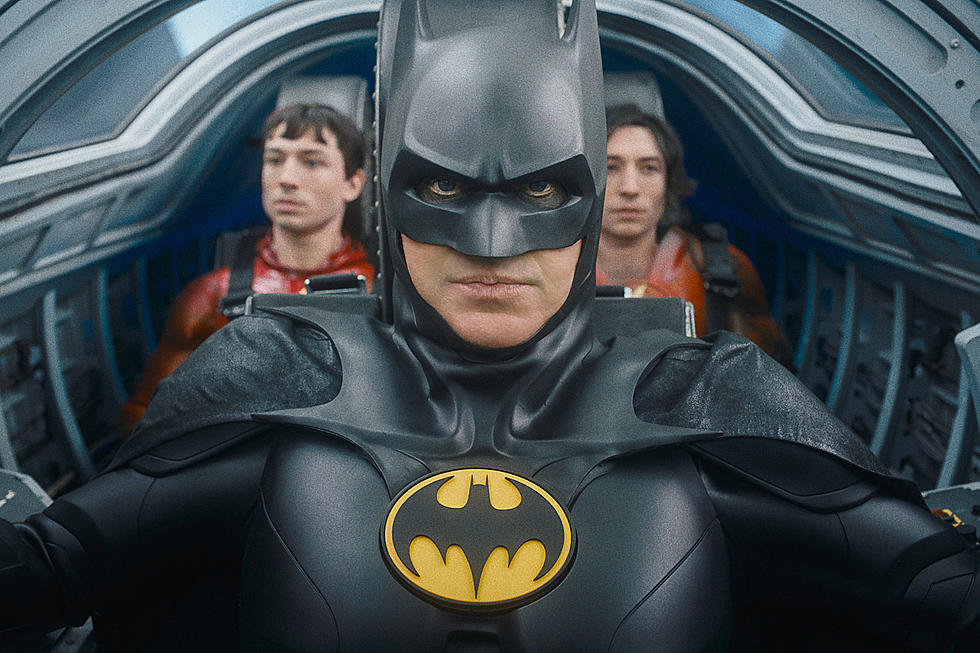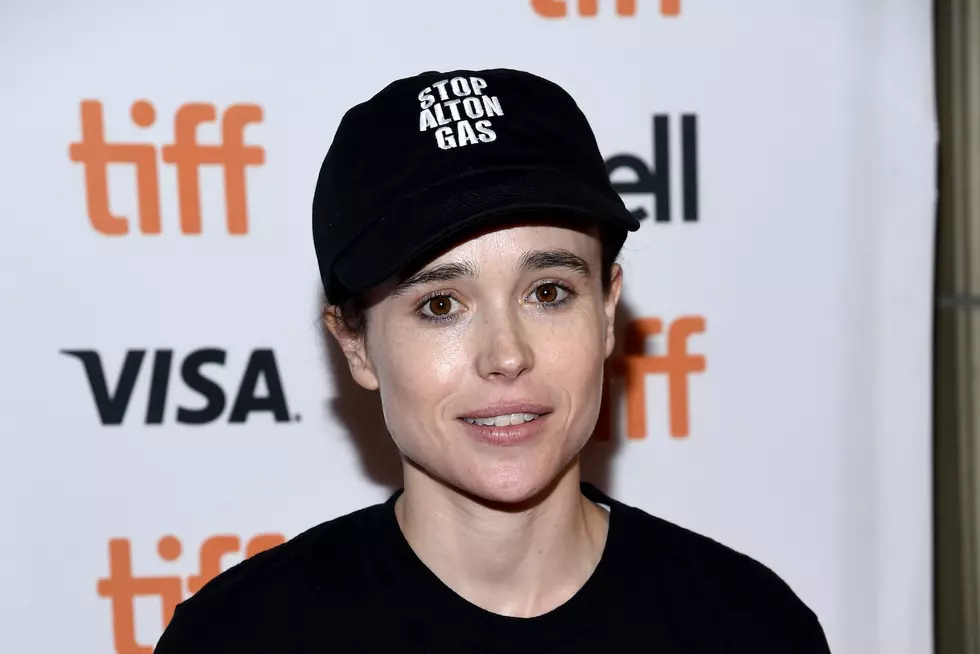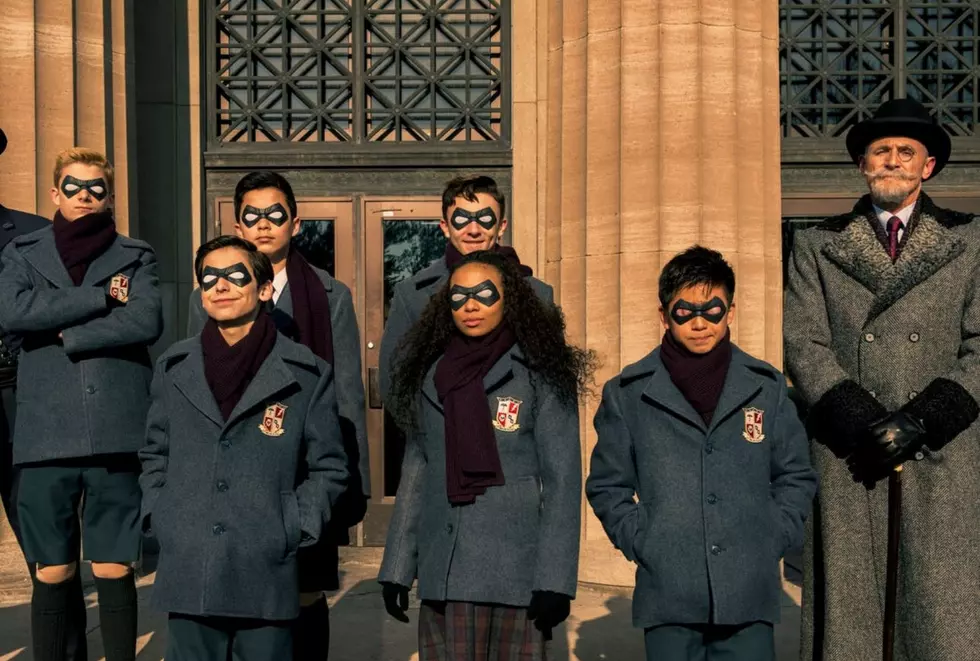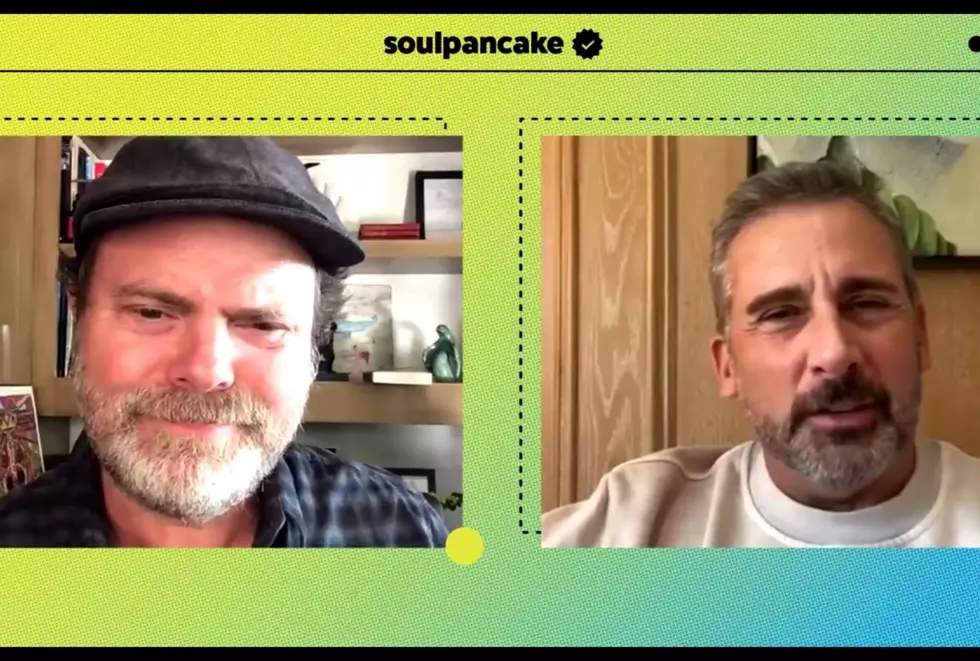
‘Freeheld’ Review: Julianne Moore and Ellen Page in a Shameless Tearjerker
The characters in Freeheld repeatedly tell one another that “life isn’t fair” — and with good reason. The film is about a decorated police officer who spent most of her life hiding her homosexuality to avoid discrimination and bigotry. After years in the closet, she finally falls in love and enters into a domestic partnership, only to be stricken with terminal cancer. All she wants to do is award her pension to her partner so that she can afford to keep their house, but the local government denies her request simply because her partner happens to be a woman. Every single aspect of this scenario is unfair.
It is also largely drawn from real life, and the case of Laurel Hester (Julianne Moore), a 23-year veteran of New Jersey law enforcement who went from closeted cop to reluctant activist after the Ocean County Board of Chosen Freeholders refused to exercise their right to extend her pension to her domestic partner, Stacie Andree (Ellen Page), setting off a firestorm of publicity and controversy and helping to push forward the cause of gay marriage in this country. New Jersey made same-sex marriage legal in 2013; Hester passed away in 2006. More injustice.
Freeheld is divided roughly in half; the first portion follows Hester and her partner, Dane Wells (Michael Shannon), as they investigate a local drug ring while she also meets and falls in love with Stacie. The second part, set a few years later, commences with Hester’s cancer diagnosis and details her fight against the Ocean County Freeholders, a group of five conservative men who are sympathetic but reluctant to set a legal precedent or break from tradition (they vote unanimously on everything, even when they disagree, and never reverse a decision once it’s made).
The first half of Freeheld is fine; the second half is where its power and emotion reside, as Laurel wastes away while her friends and allies appeal the Freeholders. That fight is often couched by director Peter Sollett as a direct appeal to viewers. In scene after scene set at the Ocean County Administration Building, Laurel’s supporters beg the Freeholders to change their minds. Often the camera is placed at the front of the room, as if it’s one of the five men weighing their argument. When the characters look at the Freeholders, they look directly into the lens — and thus directly into the eyes of the audience. At times, Freeheld feels less like a drama than a legal hearing that’s been relocated to a movie theater, with the viewers cast as the jurors.
The movie is absolutely shameless in its emotional manipulations. It documents every step of Laurel’s inexorable deterioration; first her hair falls out, then her voice withers into a whisper, and soon she’s a husk of her former self. As Laurel’s case builds steam, every moment is weighed for maximum impact. A key closeted character makes a heartfelt announcement of his sexuality at exactly the right moment so that another group of characters can show up at a Freeholders meeting at exactly the right moment so that another character can say “About time!” at exactly the right moment to let the music swell and the cathartic weeping commence. Freeheld is less of a tearjerker than a tearyanker; the final scenes ruthlessly wring every last drop of moisture from your eyes. Not one single moment is subtle. But when a woman is rotting away from cancer, begging five unfeeling men to help her, subtlety may not be required.
Moore and Page make an unlikely couple (as it seems did the real Laurel and Stacie), and they don’t bring much in the way of heat or chemistry to their early scenes together. But when Laurel receives her cancer diagnosis, both actors rise to the occasion, bringing palpable tenderness and compassion to this couple’s tragic struggle. Shannon’s superb (and dryly hilarious) as the no-nonsense Jersey cop who receives a fast education in gay rights after Laurel finally comes out to him. And Josh Charles has several strong scenes as the one Freeholder sympathetic to Laurel’s plight.
The only weak link amongst the big-name stars is Steve Carell, severely miscast as Steven Goldstein, the gay Jewish activist who seeks to leverage Laurel’s case to push for gay marriage throughout the United States. His role makes sense on paper — a movie about a woman dying of cancer can (and does) get pretty heavy and could (and does) need a little comic relief. But as played by Carell, Steven’s little more than a caricature of a gay man and a caricature of a Jewish man. His wisecracks fall completely flat; he seems like he was cut and pasted from a completely different (and awful) movie.
Carell’s deafening presence aside, the latter half of Freeheld is a powerful and impassioned plea for tolerance, and a reminder that positive change is within our grasp. Those who oppose gay marriage might call Freeheld propaganda. Perhaps they have a point. But if they do, then Freeheld is propaganda in the service of equality and love. It’s hard to imagine a more noble cause than that. Life isn’t fair. But with work, it can be made fairer.
More From ScreenCrush









